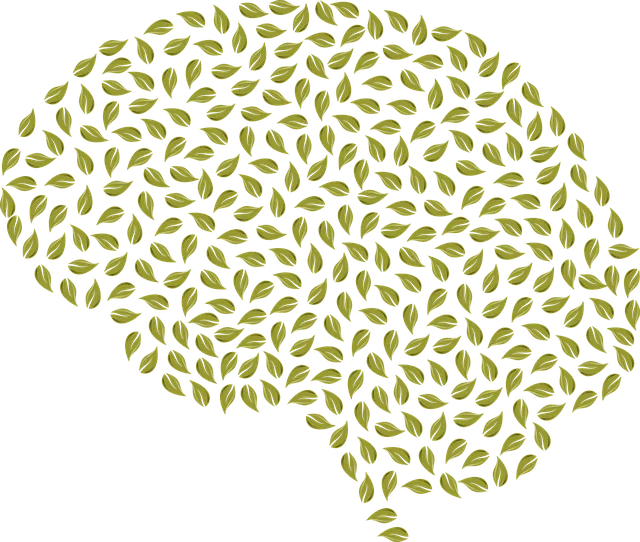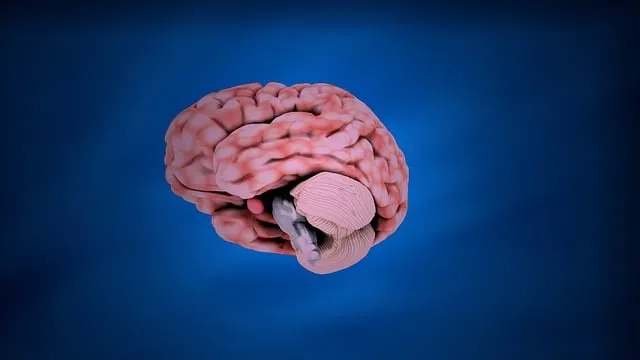The Denver Kaiser Permanente mental health facility offers specialized Social Skills Training (SST) tailored for individuals with mental health conditions, focusing on practical social skills and cultural sensitivity. Through evidence-based practices like cognitive-behavioral therapy (CBT), role-playing, group discussions, and mindfulness exercises, patients develop emotional regulation, stress management, and empathy. This training empowers them to navigate daily life, improve communication, build resilience, and foster supportive relationships, ultimately enhancing their quality of life and social integration within diverse communities.
Social skills training is a powerful tool in supporting individuals with mental health conditions, offering a comprehensive approach to enhancing their interactions and overall well-being. This article explores how specialized programs, such as those provided by the Denver Kaiser Permanente Mental Health Facility, are revolutionizing care. We delve into the unique challenges faced by those with mental health issues in social settings and uncover effective techniques used in training. By understanding these strategies, we can foster more inclusive communities and improve access to quality mental health support.
- Understanding Social Skills Training: A Comprehensive Approach for Mental Health
- The Role of Denver Kaiser Permanente Mental Health Facility in Providing Specialized Training
- Identifying and Addressing Challenges in Social Interaction for Individuals with Mental Health Conditions
- Techniques and Strategies Employed in Effective Social Skills Training Programs
Understanding Social Skills Training: A Comprehensive Approach for Mental Health

Social Skills Training (SST) is a comprehensive approach designed to enhance communication and interaction abilities for individuals with mental health conditions, such as those receiving care at the Denver Kaiser Permanente mental health facility. This evidence-based practice goes beyond traditional therapy by focusing on practical skills that facilitate meaningful connections in daily life. SST equips participants with strategies to navigate social situations, understand nonverbal cues, and express themselves effectively, thereby improving their overall mental wellness.
By integrating Cultural Sensitivity in Mental Healthcare Practice, SST ensures tailored support for diverse populations, addressing unique challenges and perspectives. This personalized approach not only improves patient outcomes but also prevents burnout among healthcare providers. Through interactive exercises and real-world simulations, individuals learn to manage stress, build resilience, and foster supportive relationships, ultimately enhancing their quality of life and social integration.
The Role of Denver Kaiser Permanente Mental Health Facility in Providing Specialized Training

The Denver Kaiser Permanente Mental Health Facility plays a pivotal role in offering specialized training tailored to individuals managing mental health conditions. Their programs are designed to empower patients with crucial social skills, focusing on emotional regulation, burnout prevention, and empathy building strategies. Through these initiatives, the facility not only supports individual healing but also fosters a supportive community, acknowledging that effective social interactions are integral to overall mental well-being.
This unique approach recognizes that navigating social situations can be particularly challenging for those with mental health struggles. By providing targeted training, Denver Kaiser Permanente equips individuals with the tools needed to connect, communicate, and build meaningful relationships, ultimately enhancing their coping mechanisms and improving their quality of life.
Identifying and Addressing Challenges in Social Interaction for Individuals with Mental Health Conditions

Many individuals with mental health conditions face challenges in social interaction due to symptoms like anxiety, depression, or psychosis. These can make everyday conversations and group settings overwhelming. At the Denver Kaiser Permanente mental health facility, experts recognize the importance of addressing these social skills gaps to support holistic healing. They employ tailored strategies that focus on emotional regulation, a key aspect of enhancing social interactions.
Through various therapeutic interventions, including cognitive-behavioral techniques and emotional well-being promotion exercises, patients learn effective stress management tools. These therapies help them navigate social situations with more confidence, fostering healthier connections with peers and loved ones. By combining these evidence-based practices, the Denver Kaiser Permanente facility aims to empower individuals to improve their overall emotional well-being and lead more fulfilling lives within their communities.
Techniques and Strategies Employed in Effective Social Skills Training Programs

Effective social skills training programs for mental health conditions employ a variety of techniques and strategies tailored to help individuals build and strengthen interpersonal connections. These programs often incorporate cognitive-behavioral therapy (CBT) methodologies, teaching participants how to recognize and modify negative thought patterns that may impede social interactions. Role-playing scenarios, group discussions, and guided practices are commonly used tools to enhance communication skills, empathy, and emotional regulation.
At the Denver Kaiser Permanente mental health facility, for instance, social skills training is integrated into comprehensive care plans, focusing on both individual growth and community engagement. The program emphasizes building inner strength through mindfulness exercises and stress management techniques, which are crucial for navigating social situations. Additionally, healthcare provider cultural competency training ensures that staff are equipped to address diverse patient needs, fostering an inclusive environment that promotes open communication and supports depression prevention efforts.
Social skills training is a powerful tool that empowers individuals with mental health conditions to navigate social interactions more confidently. As demonstrated by the specialized programs at Denver Kaiser Permanente mental health facility, this approach offers comprehensive strategies tailored to unique challenges. By addressing communication barriers and promoting healthy relationships, these training initiatives enhance overall well-being. Effective techniques include role-playing exercises, cognitive behavioral therapy, and group activities that foster empathy and social connection. Continued support from facilities like Denver Kaiser Permanente is crucial for refining and expanding access to such life-changing interventions.






